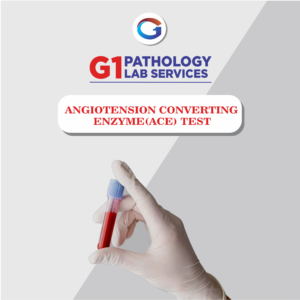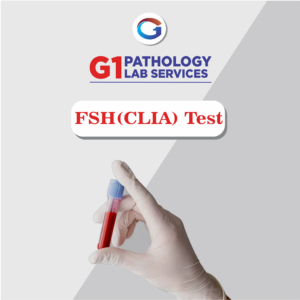This test is used; in women when you are having difficulty getting pregnant or you have irregular menstrual periods; in men, when your partner cannot get pregnant or you have a low sperm count; when your doctor thinks you have symptoms of pituitary or hypothalamic disease. Follicle-stimulating hormone (FSH), with luteinising hormone (LH), assists with adequate follicular development and growth. FSH is a significant gonadotropin hormone produced by the pituitary gland under the influence of gonadotropin-releasing hormone (GnRH) from the hypothalamus. The FSH test has different concerns depending on whether you are a child, female or a male. More simply, the hierarchy of the female hormonal system goes as the GnRH (gonadotropin-releasing hormone) from the hypothalamus acts on the pituitary glands to produce the gonadotropins, as the name suggests. The pituitary gland then produces the gonadotropins: Follicle-stimulating hormone (FSH) and luteinising hormone (LH) and these hormones are essentially necessary for the follicles to nurture and develop to secrete oestrogen and progesterone – the female reproductive hormones. In males, FSH hormone is crucial to maintain and stimulate spermatogenesis, a series of steps that makes a mature sperm available for fertilisation. In addition, an FSH test can also determine the cause behind a low sperm count and help with delayed or early onset of puberty. FSH test is needed to evaluate the adequate levels of FSH in the bloodstream for fertility concerns of both men and women. According to the All India Institute of Medical Sciences (AIIMS), 15% of couples face infertility and 2.2% to 22% of females face PCOS along with the psychosocial stress associated with it. Multiple factors like genetics, inactive lifestyle, arrested follicular development, obesity, diabetes mellitus and high androgen levels (male sex hormones) have been associated with the occurrence. The follicle-stimulating hormone test is used for the diagnosis of the cause behind infertility or progressive ovarian and testicular dysfunction.
Shopping Cart







Reviews
There are no reviews yet.